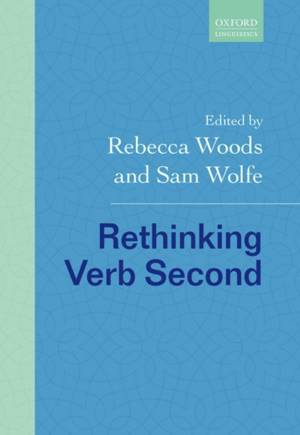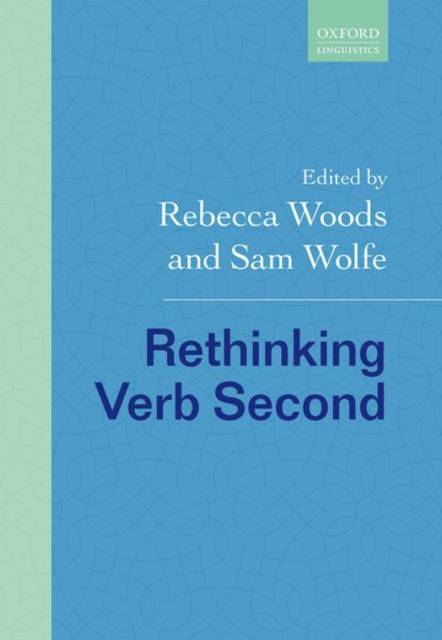
- Afhalen na 1 uur in een winkel met voorraad
- Gratis thuislevering in België vanaf € 30
- Ruim aanbod met 7 miljoen producten
- Afhalen na 1 uur in een winkel met voorraad
- Gratis thuislevering in België vanaf € 30
- Ruim aanbod met 7 miljoen producten
Zoeken
Omschrijving
This volume provides the most exhaustive and comprehensive treatment available of the Verb Second property, which has been a central topic in formal syntax for decades. While Verb Second has traditionally been considered a feature primarily of the Germanic languages, this book shows that it is much more widely attested cross-linguistically than previously thought, and explores the multiple empirical, theoretical, and experimental puzzles that remain in developing an account of the phenomenon. Uniquely, formal theoretical work appears alongside studies of psycholinguistics, language production, and language acquisition. The range of languages investigated is also broader than in previous work: while novel issues are explored through the lens of the more familiar Germanic data, chapters also cover Verb Second effects in languages such as Armenian, Dinka, Tohono O'odham, and in the Celtic, Romance, and Slavonic families. The analyses have wide-ranging consequences for our
understanding of the language faculty, and will be of interest to researchers and students from advanced undergraduate level upwards in the fields of syntax, historical linguistics, and language acquisition.
understanding of the language faculty, and will be of interest to researchers and students from advanced undergraduate level upwards in the fields of syntax, historical linguistics, and language acquisition.
Specificaties
Betrokkenen
- Auteur(s):
- Uitgeverij:
Inhoud
- Aantal bladzijden:
- 980
- Taal:
- Engels
Eigenschappen
- Productcode (EAN):
- 9780198844303
- Verschijningsdatum:
- 18/05/2020
- Uitvoering:
- Hardcover
- Formaat:
- Genaaid
- Afmetingen:
- 175 mm x 249 mm
- Gewicht:
- 1905 g

Alleen bij Standaard Boekhandel
+ 741 punten op je klantenkaart van Standaard Boekhandel
Beoordelingen
We publiceren alleen reviews die voldoen aan de voorwaarden voor reviews. Bekijk onze voorwaarden voor reviews.








